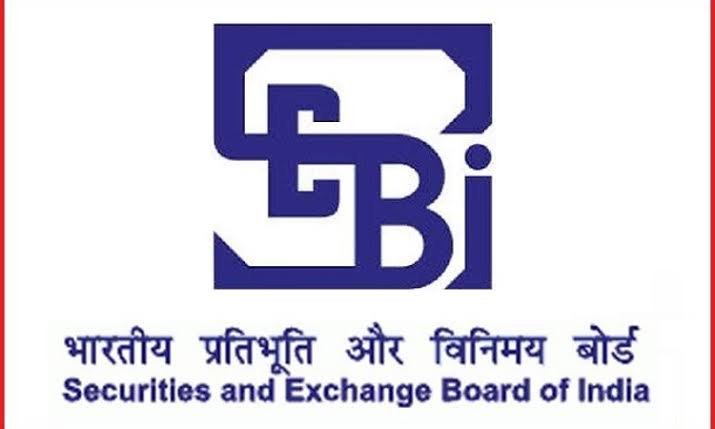SEBI Employees Protest : Recent false information on internal dissatisfaction inside the organization has been sharply denounced by the SEBI Employee Association (SEA) and the SEBI Employee Association for Legal Stream (SEALS). They stressed in a statement released on August 3, 2024, that these accusations are baseless and the product of a small number of irate people.
Both associations, (are involve in SEBI employees protest) which together account for almost 80% of SEBI’s workforce, emphasized that they continue to have HR-related conversations with SEBI management and that they support SEBI’s strategy for resolving employee problems by SEBI employees protest .
Is there anything specific you’d like to know more about regarding SEBI or its right ongoing SEBI Employees Protest?
Table of Contents
What is SEBI?

The Indian securities and commodities markets are governed by the Securities and Exchange Board of India (SEBI). SEBI was founded in 1988 and granted legislative authority by the SEBI Act of 1992. Its main responsibilities are to safeguard the interests of securities investors and to encourage the growth and regulation of the securities market.
Here are some key functions of SEBI:
Controlling Stock Exchanges: Making sure the stock market operates fairly and transparently.
Putting policies in place to protect investors from dishonest practices is known as “protecting investor interests.” Encouraging and Supervising
Self-Regulatory Groups: Managing organisations that oversee their own members.
Insider Trading Prohibition: Putting laws into place to stop unethical behaviour such as insider trading.
Controlling Market Intermediaries: Ensuring compliance with laws and regulations by brokers, underwriters, and other intermediaries.
How SEBI regulates financial market?
One of the most important organizations for overseeing India’s financial markets is the Securities and Exchange Board of India (SEBI). The following are some of the main methods by which SEBI maintains the integrity and efficient operation of the financial markets:
Controlling Stock Exchanges: SEBI is in charge of regulating stock exchange activities to make sure they run honestly and openly. This entails keeping an eye on trading activity and guaranteeing rules are followed.
Safeguarding Investor Interests: SEBI puts policies in place to shield investors from dishonest practices. This entails upholding laws prohibiting insider trading and making sure businesses give investors correct information on time.
Brokers, underwriters, and other market intermediaries are subject to regulation by SEBI, which makes sure they follow the law and uphold high standards of behaviour. Encouraging and Supervising
Self-Regulatory Organisations: SEBI makes sure that organisations that govern its members, such depositories and stock exchanges, abide by the rules that it has established.
Performing Inquiries and Imposing Penalties: SEBI is empowered to carry out inquiries about market operations and administer sanctions to noncompliant parties. Investor confidence and market integrity are preserved in this way.
Controlling Mergers and Acquisitions: In order to guarantee that these transactions are carried out in a fair and open manner, SEBI establishes regulations for mergers, acquisitions, and takeovers.
Ensuring Fairness and Transparency: To guarantee equity and transparency in market exchanges, SEBI creates rules and regulations. This involves arranging disclosure requirements for companies and monitoring compliance.
How does SEBI enforce regulations?
Regulation enforcement is carried out by the Securities and Exchange Board of India (SEBI) through a combination of investigative, punitive, and monitoring measures. The following are the main strategies employed by SEBI to uphold its rules:
Directions and fines: In accordance with Sections 11(4) and 11B of the SEBI Act, SEBI is able to give directives and impose fines. This covers measures including enforcing penalties, freezing assets, and stopping trading.
SEBI has adjudicatory powers in accordance with Sections 15A–15J of the SEBI Act. This entails holding hearings and issuing directives to punish offenders.
Enquiry Procedures: In accordance with Section 12(3) of the SEBI Act, SEBI is authorised to initiate enquiry procedures against market intermediaries and, in light of the results, to take appropriate action.
Criminal Procedures: For serious infractions, SEBI may file a criminal complaint in accordance with Section 24 of the SEBI Act. When other measures are not sufficient, this is frequently used.
Inspections and Inquiries: SEBI regularly examines registered intermediaries and looks into any questionable activity. It is able to issue summonses, request information, and review documents.
Registrations may be suspended or canceled by SEBI in response to intermediaries that transgress its restrictions. This guarantees that the market is solely occupied by compliant firms.
Publication of Enforcement Orders: To ensure accountability and openness, SEBI regularly posts enforcement orders on its website.
By taking these steps, SEBI is able to preserve the stability and integrity of the Indian financial system.
For more interesting update follow our official website.

